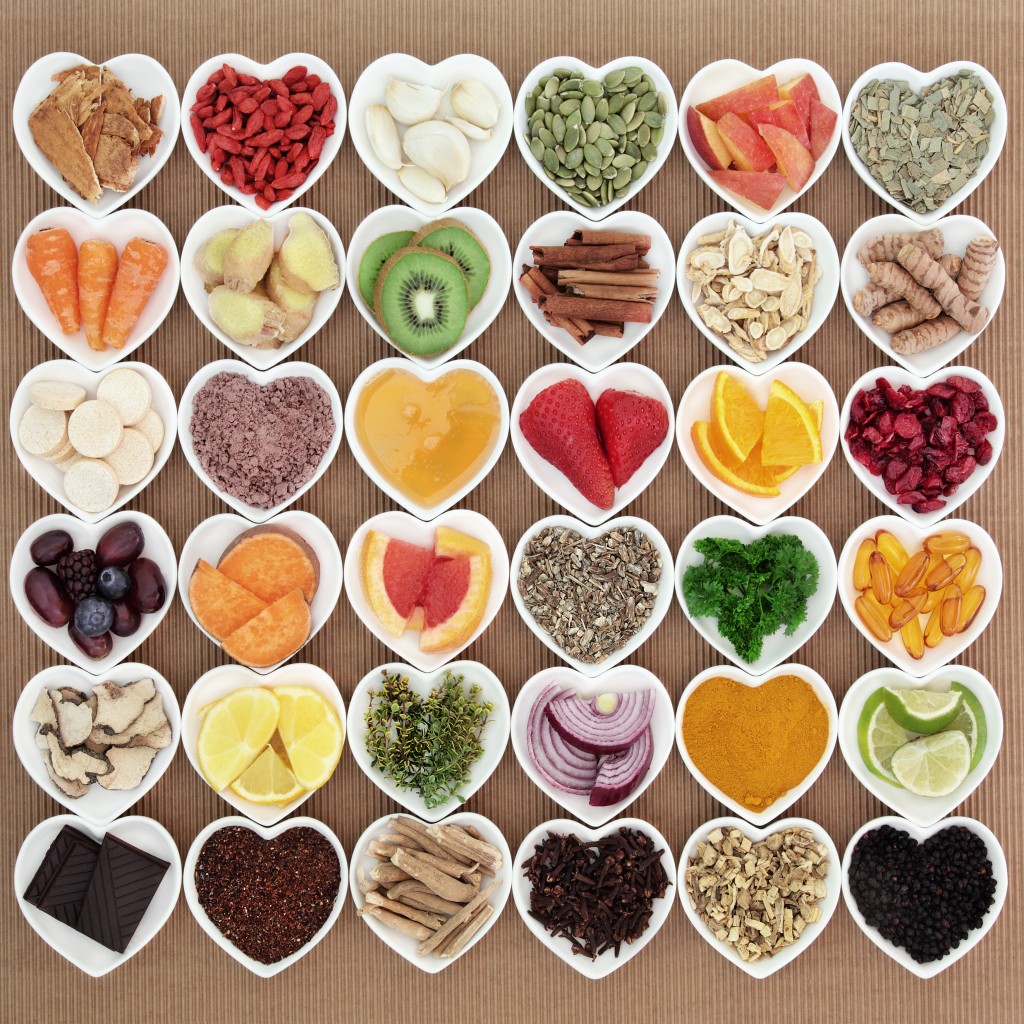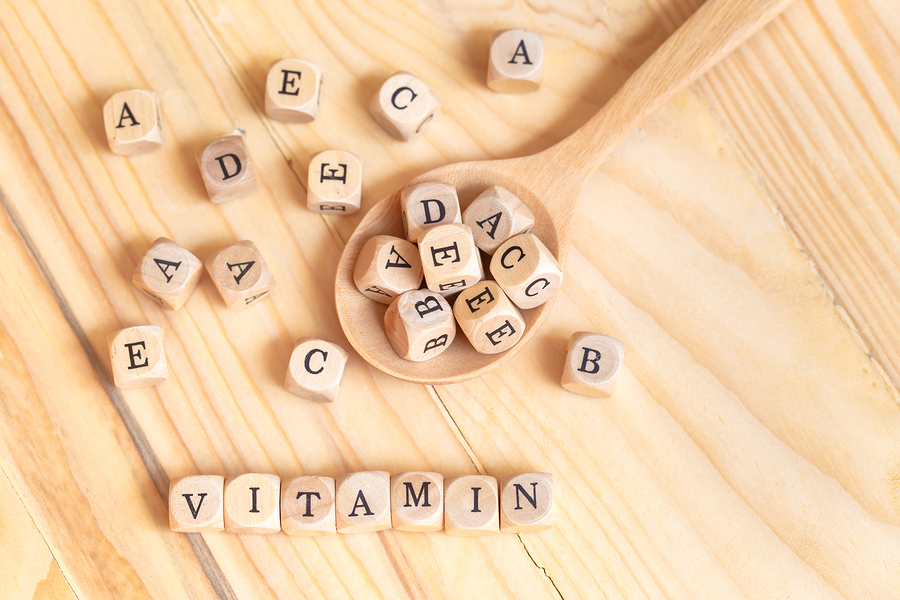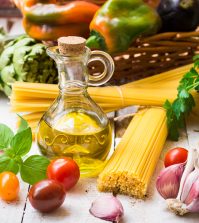- Make It Yourself Lavender Heart-Shaped Bath Bombs!
- 20 Things You Never Knew About “Down There”
- 12 Best Foods For Those Suffering From Arthritis Pain
- 12 Personal Hygiene Mistakes Almost Everyone Makes (Mom Never Told You About #4!)
- 15 Medicinal Plants And Herbs From The Cherokee People
- 12 Mind-Blowing Benefits Of Drinking Coconut Water During Pregnancy
- 12 Outstanding Winter Foods That Won’t Fatten You Up Like A Christmas Turkey
Is There Any Harm In Synthetic Vitamins?
You have a busy life but you are trying to be good to yourself and eat the right foods. There are days when you just don’t have the time to make the best choices, so not only do your food choices suffer but your health will begin to show some signs if you continue on this path. It is times like these that we turn to supplements to try to make sure our body still gets the right vitamins and minerals it needs. This is all well and good but what exactly are the problems with vitamin supplements?
While you may think that you are getting the full 100% dosage that is advertised on the supplement bottle, there is a chance that your body is not able to process it, and these vitamins are leaving your body through your urine. Some vitamins that you think are getting you to your minimum daily requirement could actually be synthetic and are not helping you out at all. If you are purchasing vitamin C you will be taking a synthetic version if it is listed as ascorbic acid. A synthetic version of vitamin B will be listed as folic acid.
Is There Any Harm in Synthetic Vitamins?
One of the problems with synthetic vitamins is that the Food and Drug Administration has no set standards and they do not confirm that a supplement is effective prior to it being marketed for that purpose.
You may think that just taking a supplement is a simple thing, but they can cause a variety of problems. You should not combine supplements that you are not sure if they are able to work together. You should also not take any supplements if you are scheduled to take any form of anesthesia. The combination of certain supplements with prescription drugs could be very dangerous.
Here are some combinations that have proven to be serious:
- Certain supplements, vitamin E and C, were proven to cut down on the value of certain kinds of chemotherapy that was used to treat cancer.
- Vitamin K was found to cut down on the way Coumadin was able to thin blood and keep it from clotting.
- A supplement called St. John’s wort was discovered to reduce the breakdown and effectiveness on specific birth control pills and antidepressants.
Some supplements have the same ingredients that are found in regular foods. What happens here is if you are not aware of taking the supplements and the foods with the same ingredients you may take too much of the ingredient and suffer from serious side effects. People who took vitamin A along with foods rich in the same vitamin ended up with problems with their liver, headaches, birth defects, and a reduction in bone strength.
Supplements are not suggested for women who are pregnant, and definitely not for children. If you feel that you have suffered a reaction from taking a supplement make sure that you get in touch with your physician immediately.
Continue to Page 2

Photo credit: bigstock.com
What Can You Do Instead of Taking Vitamins?
Many people feel that they need supplements to ensure that they are getting all the right vitamins in all the right doses. The truth of the matter is that just one orange can give you the complete recommended dose that is required for vitamin C in a day. A statement from the Annals of Internal Medicine confirms this belief with this statement: “Consumption of a wide variety of nutritious foods is the best way to maintain health and prevent chronic disease.”
Here are some nutrients and the foods you can eat to give them to your body naturally.
1. Omega-3 fatty acids
An intake of around 8 ounces per week of fatty fish will equal about 250 mg of EPA and DHA each day. Chia seeds, ground flax, and walnuts are also high in omega-3 fatty acids.
2. Vitamin C
Besides oranges, you should include broccoli, raspberries, bell peppers, and kiwi in your regular diet.
3. Iron
Good sources of iron are meat, fish, poultry, fortified cereal, dark leafy greens and beans.
4. Vitamin D
Sitting outside for just 15 minutes a day can boost your vitamin D naturally. Food wise include orange juice or milk that has vitamin D added, eggs, fish, cereal and soymilk.
Continue to Page 3

Photo credit: bigstock.com
5. Vitamin B1 – Thiamin
Pork, oatmeal, eggs, yeast, brown rice, flax, cauliflower, kale and asparagus will help your vitamin B1 levels.
6. Vitamin B2 – Riboflavin
For vitamin B2 try cheese, milk, mushrooms, almonds, leafy vegetables, and legumes.
7. Vitamin B3 – Niacin
Besides whole grains try fish, meat, eggs, vegetables, and fruit for vitamin B3.
8. Vitamin B5 – Pantothenic Acid
You’ll find higher doses of vitamin B5 in avocados, broccoli, and whole grains.
9. Vitamin B6 – Pyridoxine, pyridoxamine, pyridoxal
Eggs, milk, beef, avocados, and bananas are just a few foods to increase your vitamin B6.
10. Vitamin B7 – Biotin
Look for this vitamin in leafy greens, peanuts, and egg yolks.
11. Vitamin B9 – Folate or Folic Acid
Add beef, eggs nuts, seeds, and legumes to raise your vitamin B9 levels.
READ MORE: Are Curcumin Supplements As Beneficial As Whole Turmeric? Video
12. Vitamin B12 – Cyanocobalamin or methylcobalamin
The best ways to increase your B12 levels naturally is to start (or carry on) adding seafood, milk, and meat to your regular diet.
References:
































